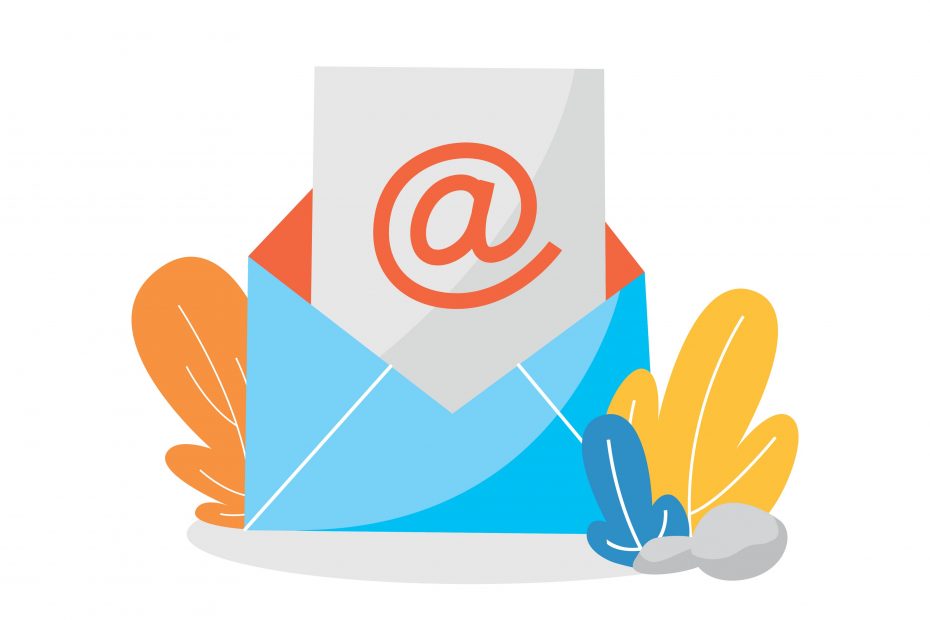Hello Reader,
Nowadays, we communicate more and more through email. We use Email communication to write something to friends, relatives, colleagues or clients. Whoever the recipient of your email, it is becoming very important that you write email effectively. As you know, by writing effective email, you can save your time, other person’s time and you can win more trust & confidence from the other end.
In today’s fast-paced digital world, email remains one of the most essential means of communication, both personally and professionally. However, with inboxes flooded daily, crafting an effective email is crucial to ensure your message is not only read but also understood and acted upon. Here are ten best tips to help you write emails that get results:
Read Also: How to make money online 2023? 10 ways to make money online 2023
10 Best Tips To Write Effective Emails
-
Clear and Concise Subject Line: Start with a subject line that succinctly summarizes the purpose of your email. A compelling subject line captures attention and provides a preview of the email’s content.
-
Know Your Audience: Tailor your message to your audience. Consider their preferences, knowledge level, and what they need to know. Personalize when appropriate, addressing recipients by name.
-
Use a Professional Tone: Maintain a professional tone, even in informal situations. Avoid slang, emojis, or overly casual language unless it’s suitable for your audience.
-
Get to the Point: Busy recipients appreciate emails that get straight to the point. Begin with your main message or request in the opening sentences to grab their attention.
-
Organize Information: Use clear headings, bullet points, and paragraphs to structure your email. Break down complex information into digestible chunks for easy reading.
-
Avoid Rambling: Be concise and stay on-topic. Avoid irrelevant details or lengthy explanations that may cause readers to lose interest.
-
Proofread and Edit: Typos and grammatical errors can undermine your credibility. Proofread your email before sending it, or use a spelling and grammar checker to catch mistakes.
-
Consider Timing: Send your email at an appropriate time to increase the chances of it being read promptly. Avoid sending important emails late at night or during weekends.
-
Call to Action (CTA): Clearly state what action you expect from the recipient. Whether it’s requesting feedback, setting up a meeting, or sharing information, make your CTA specific and actionable.
-
Polite Closing: Always conclude your email with a polite closing, such as “Sincerely,” “Best regards,” or “Thank you.” Express appreciation for the recipient’s time and consideration.
People also ask:
1. What makes an email effective? An effective email is one that conveys its message clearly, concisely, and respectfully while engaging the recipient’s attention and eliciting the desired response.
2. How can I ensure clarity in my emails? Use straightforward language, organize your thoughts logically, and make good use of paragraphs, bullet points, and headings to improve readability.
3. What’s the ideal email length? Brevity is key. Aim for emails that can be read in under a minute. If it’s more complex, use clear headings to help the recipient navigate your message.
4. Should I use formal or informal language? Tailor your language to the recipient and the context. In professional settings, it’s generally safer to lean towards formal, but not overly so.
5. What should my subject line convey? A subject line should summarize the email’s main point, making it easier for the recipient to prioritize and respond promptly.
6. Is it important to address the recipient by name? Yes, addressing the recipient by name adds a personal touch and shows that you’ve put thought into the email.
7. How do I structure an email effectively? Begin with a greeting, followed by a concise introduction, the main message, any necessary details or explanations, and a clear call to action. Conclude with a polite closing and your signature.
8. What’s the role of attachments in emails? Attachments should only be included when necessary. If sending attachments, mention them in the email body and ensure they are relevant and clearly labeled.
9. How can I maintain professionalism in emails? Always proofread your emails for grammar and spelling errors. Avoid using all caps or excessive exclamation points, and refrain from using emojis in professional correspondence.
10. What’s the best way to follow up on an email? If you don’t receive a response within a reasonable timeframe, send a polite follow-up email, referencing your previous message and the subject line. Avoid being pushy or impatient.
Incorporating these tips into your email-writing routine can vastly improve your communication skills, whether you’re corresponding with colleagues, clients, or friends. Effective emails save time, reduce misunderstandings, and enhance your professional image.
Remember that practice makes perfect, and over time, crafting effective emails will become second nature. So, the next time you sit down to compose an email, keep these FAQs in mind, and you’ll be well on your way to becoming an email communication pro.
